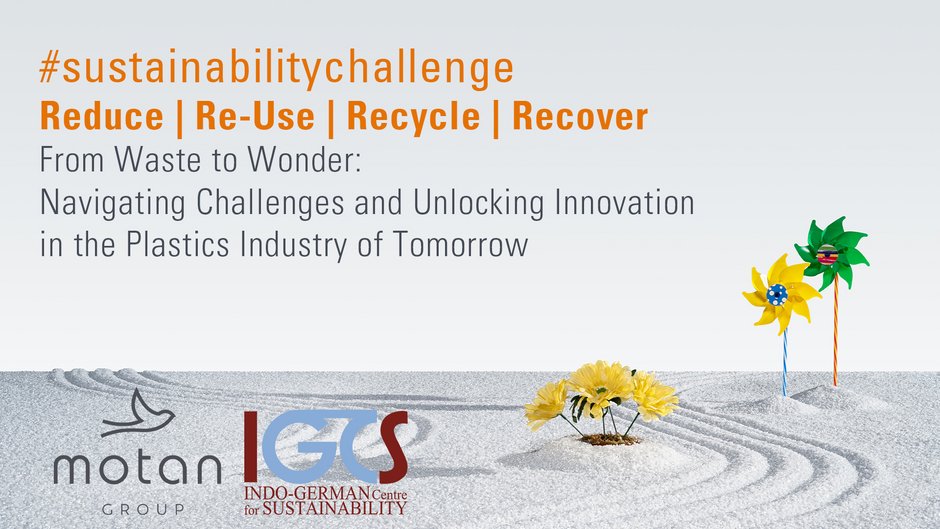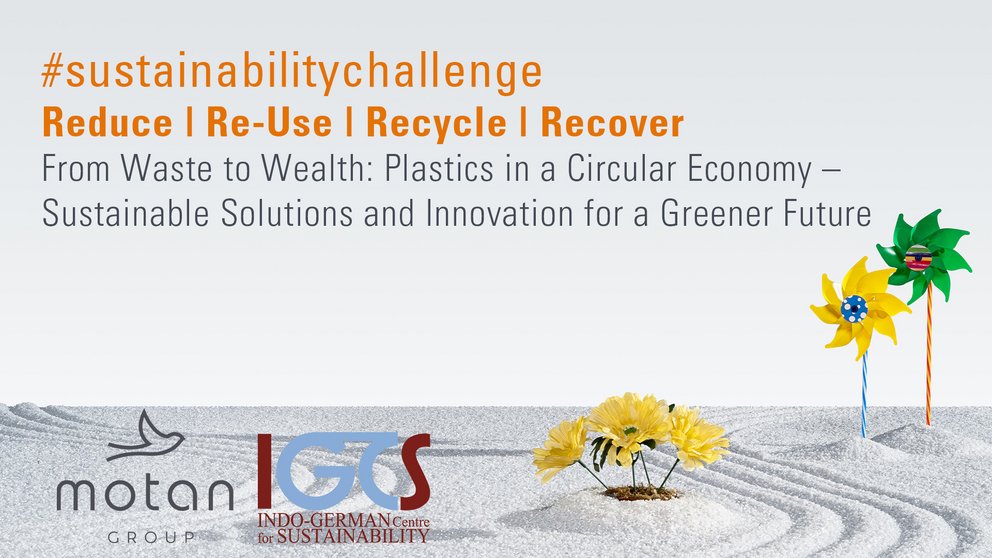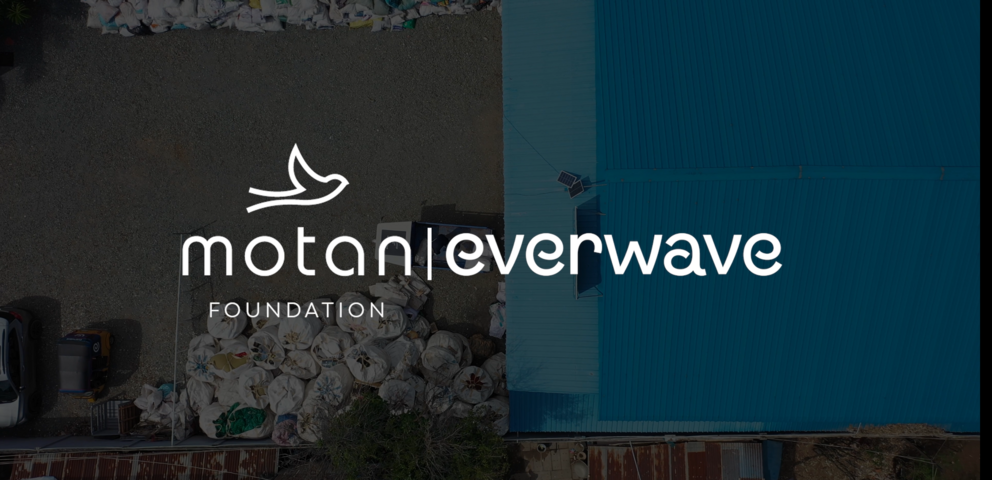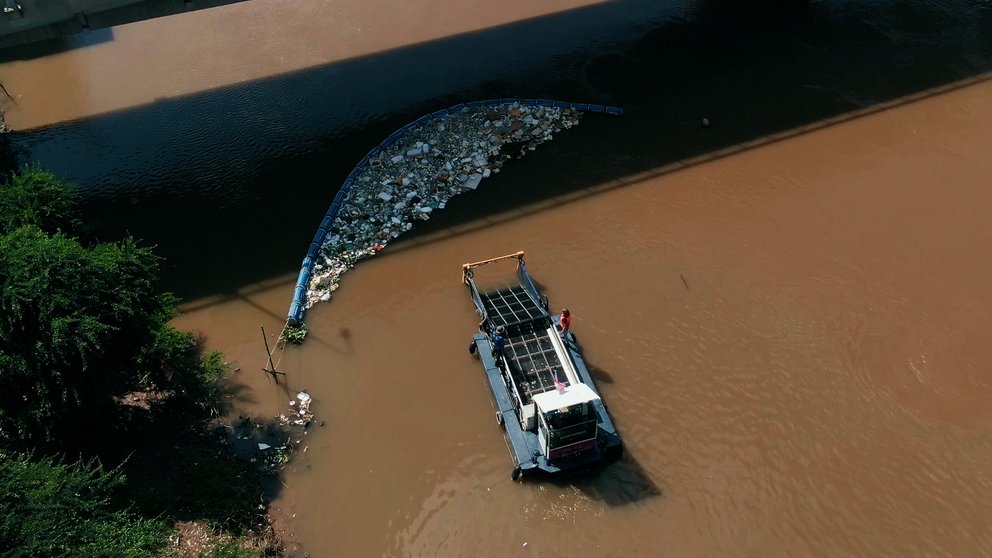Workshop: Overcoming challenges and unleashing innovation

The expertise of the speakers was diverse. Jacqueline Plaster is a project manager at everwave, an Aachen-based start-up that develops technologies for collecting plastic waste from rivers. She talked about AI-supported waste collection vehicles, floating river platforms and the long-term projects that the company has already initiated in Cambodia and Thailand. Similarly, Nalini Shekar, co-founder of the social organization Hasiru Dala, reported on waste collectors that have already been integrated into local waste management systems in Bangalore. Furthermore, Prof. Regina Nougeira (Leibniz Universität Hannover) spoke about the advantages and possible applications of bio-based plastics, Dr. Alexander Kronimus (PlasticsEurope Deutschland e.V.) about mechanical and chemical recycling, Dr. Sameer Joshi (Indian Plastic Institute) about the use of technologies and artificial intelligence in the disposal of plastic waste and Venkateshwaran Venkatachalam (Leibniz Universität Hannover) about the integration of Design for Recycling in order to fully understand and exploit the potential of the circular economy.
In various projects, the students were then able to put what they had learnt into practice by developing their own ideas that would have a positive impact on the future plastics industry and the sustainable use of plastics. It was not easy to choose a winner from all the promising concepts, but in the end, we decided on the group with the topic "Innovative Fix For Laundry Microplastics". A large proportion of the primary microplastics that pollute the oceans comes from synthetic textiles. For this, the team proposed the following solution: A filter that separates microplastics from washing machine wastewater and allows for easy recovery of the separated microplastics. We hope that this or one of the other good ideas can actually be implemented in the future.
The IGCS
The IGCS is a joint Indo-German centre, which develops fundamental and applied interdisciplinary research, teaching and training, and dissemination of information in different fields of sustainable development. The IGCS wishes to be one of the premier centres of excellence in the field of engineering, environmental and related social sciences. It aims at offering cutting edge solutions in sustainable research through bilateral relations between India and Germany. IGCS is coordinated by RWTH Aachen University and IIT Madras and funded by the German Academic Exchange Service (DAAD) in the programme „A new Passage to India “.



